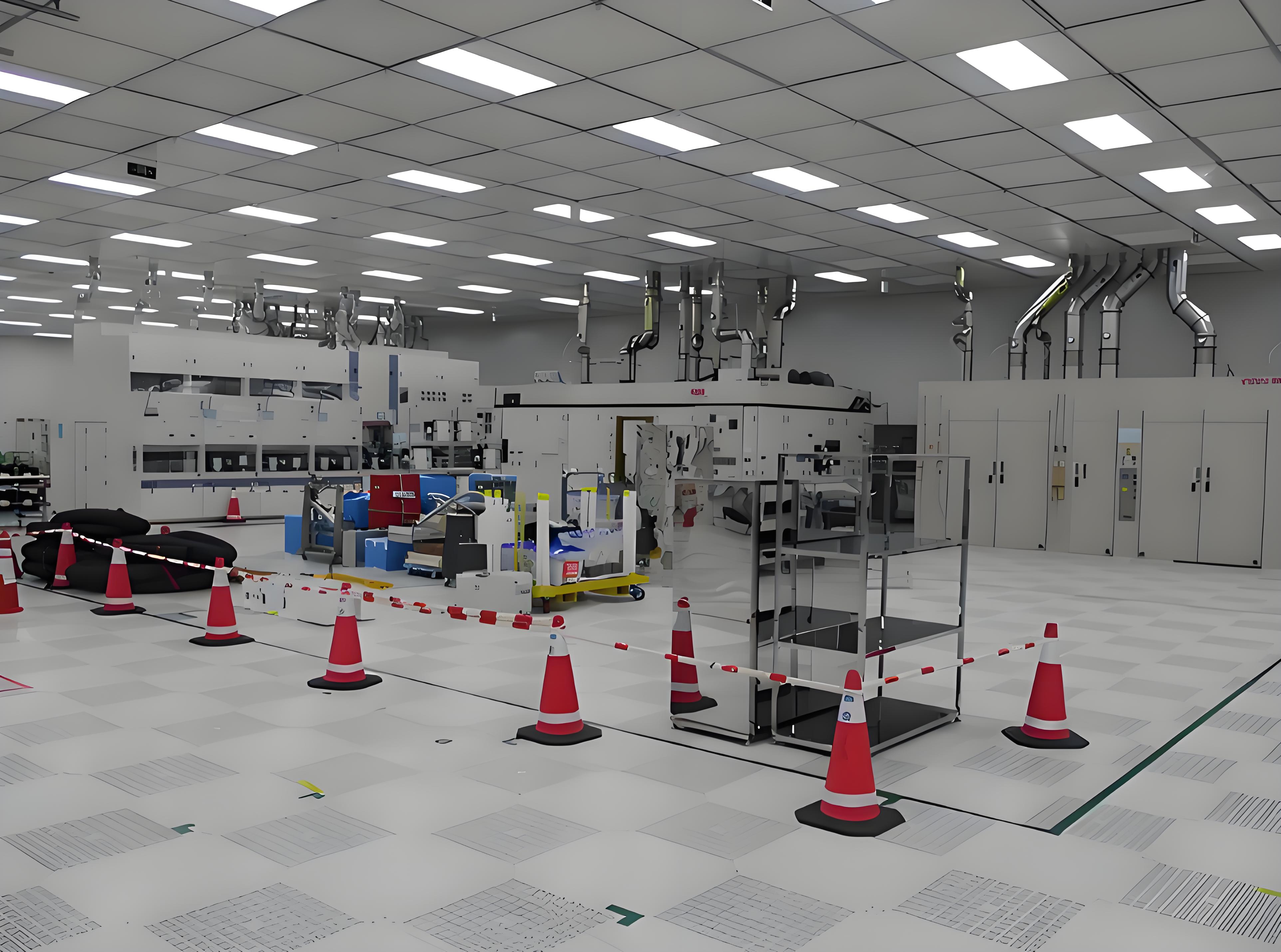

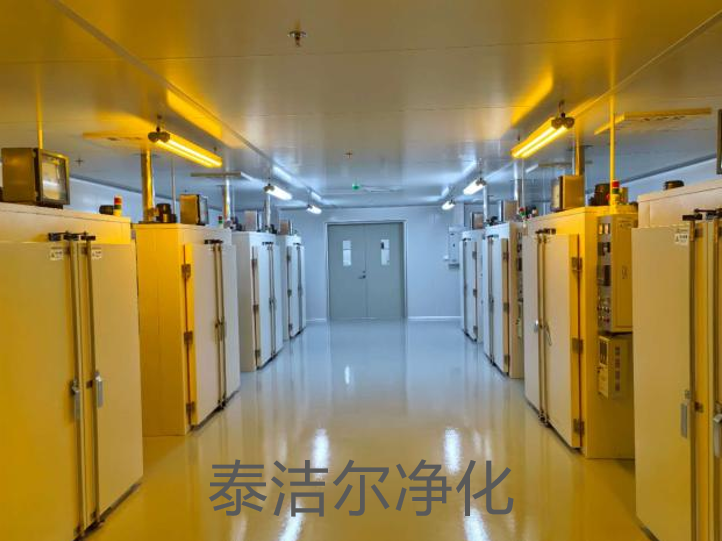
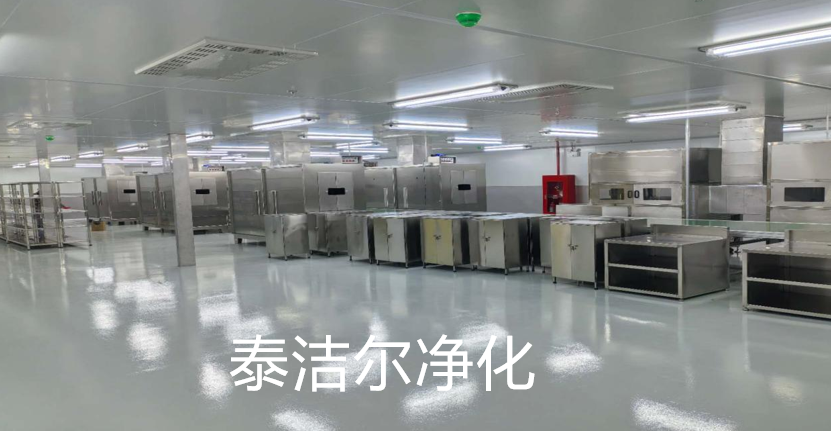
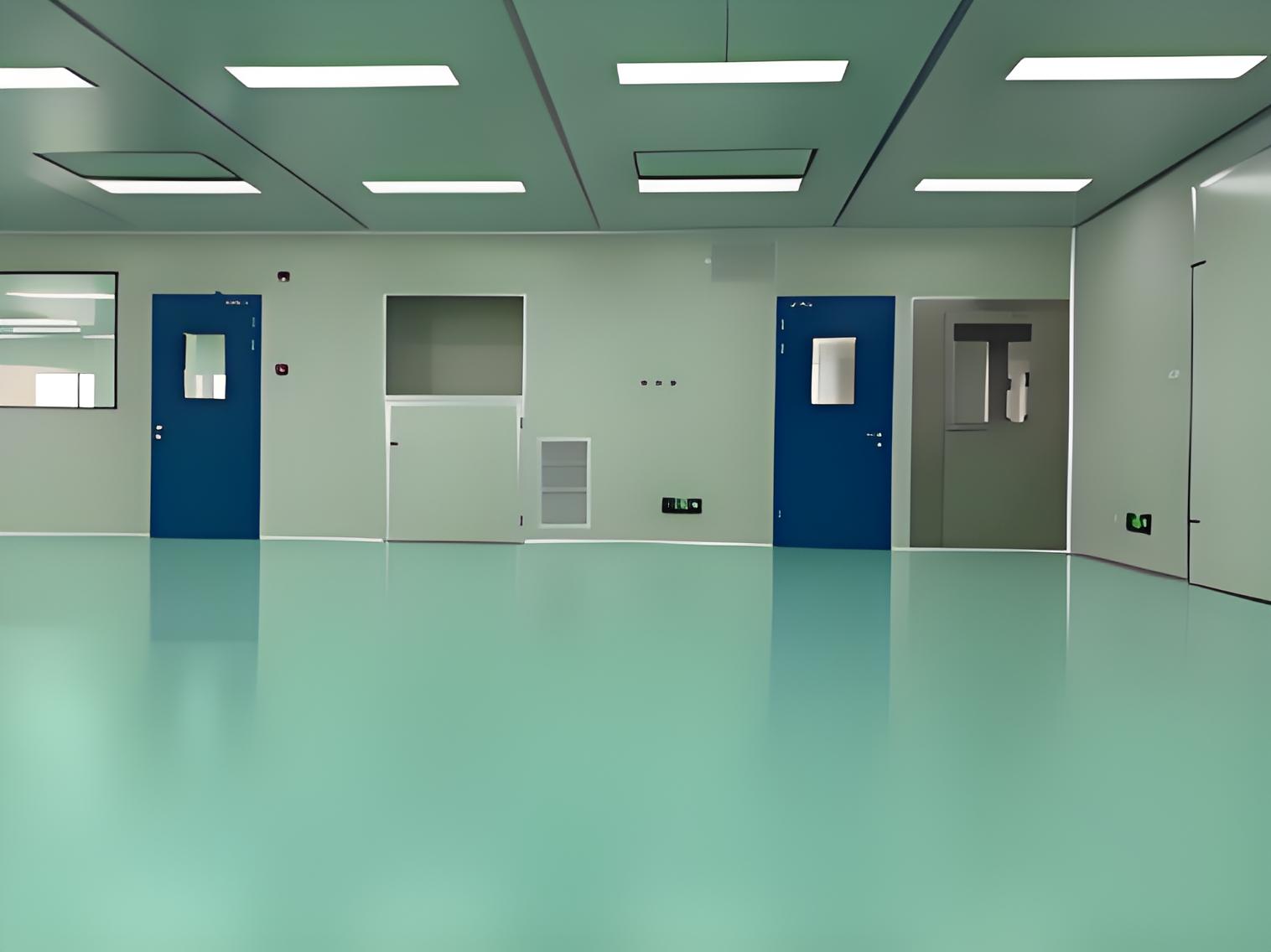
In today's highly regulated and precision-driven industries, maintaining impeccable cleanliness is not just a preference—it's a necessity. Clean booth design plays a pivotal role in ensuring that controlled environments meet stringent standards for air quality, contamination control, and operational efficiency. Whether in pharmaceuticals, biotechnology, electronics manufacturing, or food processing, the implementation of effective clean booth solutions can significantly impact product quality, safety, and compliance. This article delves into the core aspects of clean booth design, with a focus on modular approaches, manufacturer selection, certification requirements, and comprehensive solutions. By understanding these elements, businesses can make informed decisions that enhance their operational workflows and uphold industry benchmarks.
Clean booth design refers to the engineering and layout of enclosed spaces that provide a controlled environment by minimizing particulate contamination, controlling temperature and humidity, and ensuring proper airflow. These booths are essential in settings where even microscopic contaminants can compromise product integrity or pose health risks. The evolution of clean booth design has led to innovative approaches, such as modular systems, which offer flexibility and scalability. Moreover, partnering with reputable modular clean booth manufacturers ensures that these structures are built to last and comply with global standards. Additionally, clean booth certification validates the performance and safety of these units, while turnkey clean booth solutions provide end-to-end services from design to installation. As we explore these topics, we will highlight how each component contributes to a robust clean booth strategy, ultimately driving efficiency and reliability in various applications.

Modular clean booth design represents a significant advancement in the field of controlled environments. Unlike traditional fixed structures, modular booths are constructed from prefabricated components that can be easily assembled, disassembled, and reconfigured to meet changing needs. This flexibility is particularly valuable in dynamic industries where production lines, research activities, or regulatory requirements may evolve over time. The core principle of modular clean booth design is to provide a customizable solution that can adapt to spatial constraints and operational demands without compromising on cleanliness or performance.
One of the key benefits of modular clean booth design is its cost-effectiveness. By using standardized parts, manufacturers can reduce production time and minimize waste, leading to lower overall costs for businesses. Furthermore, modular systems often incorporate advanced materials such as stainless steel, aluminum, and high-efficiency particulate air (HEPA) filters, which enhance durability and filtration efficiency. These materials are selected for their non-shedding properties and ease of cleaning, ensuring that the booth maintains its integrity over time. In applications like semiconductor manufacturing or pharmaceutical compounding, where contamination control is critical, the precision of modular clean booth design can make a substantial difference in product yield and quality.
Another advantage is the scalability offered by modular clean booth design. Companies can start with a basic setup and expand as their operations grow, adding modules for additional workspace or integrating specialized features like pass-through chambers or anti-static flooring. This adaptability not only future-proofs investments but also reduces downtime during modifications. When considering modular clean booth design, it is essential to evaluate factors such as airflow patterns, lighting, and ergonomics to create an environment that supports both safety and productivity. By focusing on these elements, businesses can leverage modular clean booth design to create tailored solutions that align with their specific requirements, ultimately enhancing overall operational resilience.
Choosing the right modular clean booth manufacturers is a critical step in ensuring the success of any cleanroom or controlled environment project. The quality of materials, craftsmanship, and technical support provided by manufacturers can directly impact the performance and longevity of the clean booth. When evaluating modular clean booth manufacturers, it is important to consider their experience, industry reputation, and adherence to international standards. Established manufacturers often have portfolios showcasing successful installations across various sectors, which can serve as a testament to their expertise.
One of the primary factors to assess is the range of services offered by modular clean booth manufacturers. Some may specialize in custom designs, while others provide standard models that can be modified to fit specific needs. It is advisable to select manufacturers who offer comprehensive support, including design consultation, installation, and after-sales service. This ensures that any issues arising during the lifecycle of the clean booth can be promptly addressed, minimizing disruptions to operations. Additionally, modular clean booth manufacturers should be transparent about their supply chain and quality control processes, as this reflects their commitment to delivering reliable products.
Certifications and accreditations are also key indicators of a manufacturer's credibility. Look for modular clean booth manufacturers who hold certifications such as ISO 9001 for quality management or ISO 14644 for cleanroom standards. These credentials demonstrate that the manufacturer follows rigorous procedures in production and testing, which is essential for maintaining consistency and compliance. Furthermore, engaging with modular clean booth manufacturers who provide turnkey solutions can streamline the entire process, from initial planning to final commissioning. By partnering with reputable modular clean booth manufacturers, businesses can mitigate risks and achieve optimal outcomes in their clean booth initiatives.
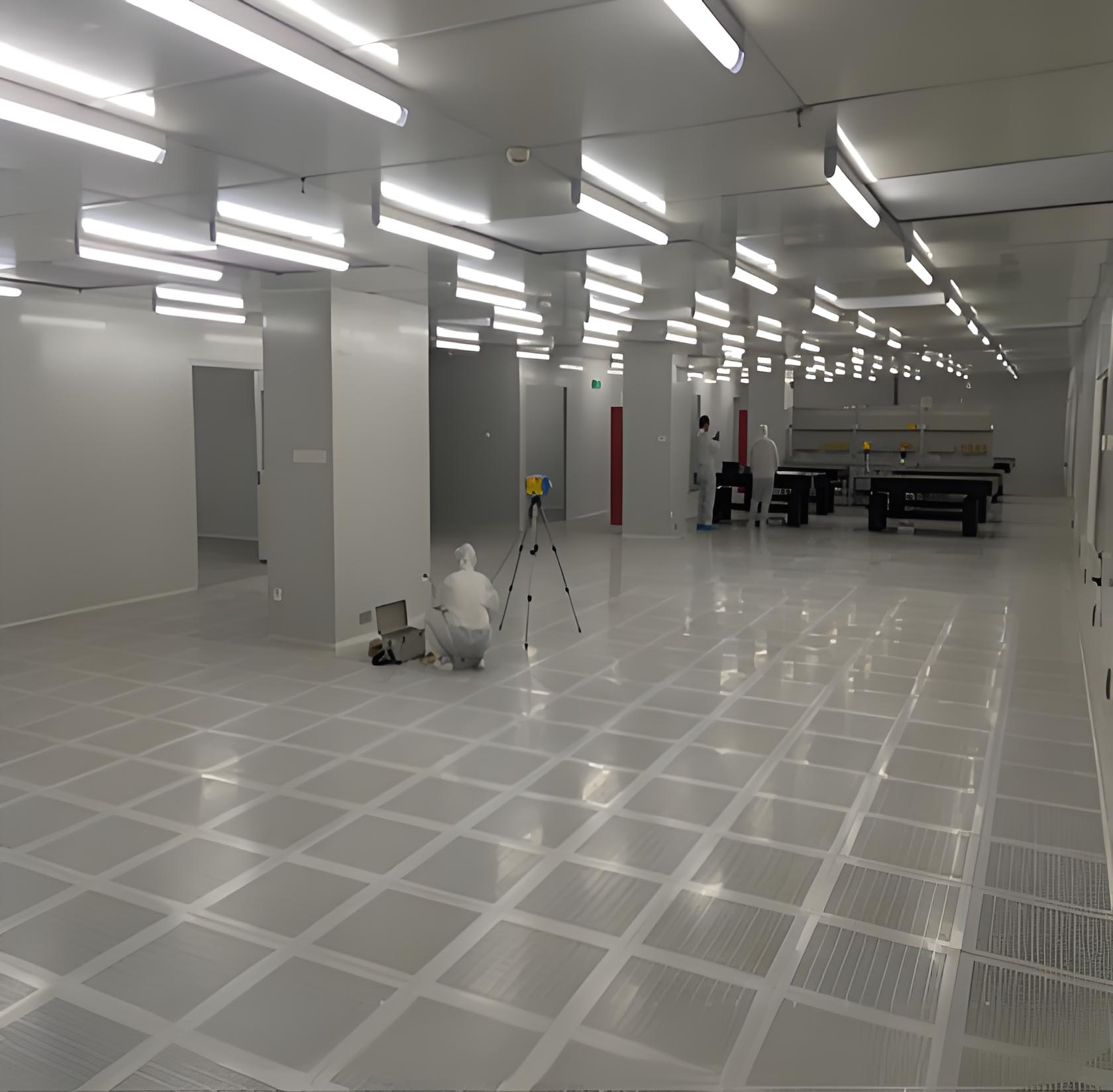
Clean booth certification is a formal process that verifies whether a clean booth meets predefined standards for air cleanliness, particle counts, and operational parameters. This certification is typically conducted by independent third-party agencies and is based on international guidelines such as those from the International Organization for Standardization (ISO). For instance, ISO 14644-1 outlines classifications for air cleanliness by particle concentration, which are widely adopted in industries like healthcare, aerospace, and electronics. Achieving clean booth certification is not merely a regulatory hurdle; it is a assurance of quality and reliability.
The certification process involves rigorous testing, including particle count measurements, airflow velocity checks, and pressure differential assessments. These tests ensure that the clean booth design effectively controls contamination and maintains the required environmental conditions. Clean booth certification also covers aspects like filter integrity, lighting levels, and noise emissions, providing a holistic evaluation of the booth's performance. Regular recertification is often necessary to account for wear and tear or changes in operational conditions, emphasizing the ongoing commitment to excellence.
From a business perspective, clean booth certification can enhance credibility and facilitate market access. Many clients and regulatory bodies require proof of certification before engaging in partnerships or approving products. For example, in the pharmaceutical industry, clean booth certification is often mandated by agencies like the U.S. Food and Drug Administration (FDA) to ensure compliance with Good Manufacturing Practices (GMP). Similarly, in microelectronics, certification helps prevent defects caused by particulate contamination, thereby reducing waste and improving profitability. By prioritizing clean booth certification, organizations can demonstrate their dedication to quality and gain a competitive edge in their respective fields.
Turnkey clean booth solutions offer a comprehensive approach to designing, building, and installing clean booths, handling every aspect of the project from conception to completion. This all-inclusive model is particularly beneficial for businesses that lack in-house expertise or resources to manage complex cleanroom projects. By opting for turnkey clean booth solutions, companies can save time, reduce costs, and ensure a seamless integration of the clean booth into their existing operations. The term "turnkey" implies that the solution is ready to use immediately after installation, with minimal input required from the client.
One of the main advantages of turnkey clean booth solutions is the single-point accountability they provide. Instead of coordinating multiple vendors for design, construction, and certification, businesses work with one provider who oversees the entire process. This reduces the risk of miscommunication, delays, and cost overruns. Providers of turnkey clean booth solutions typically have multidisciplinary teams comprising engineers, designers, and technicians who collaborate to deliver customized outcomes. For instance, they might integrate modular clean booth design principles to create flexible structures that can be easily modified in the future.
Moreover, turnkey clean booth solutions often include value-added services such as training, maintenance, and ongoing support. This ensures that staff are equipped to operate the clean booth efficiently and that any technical issues are resolved promptly. In industries where downtime can result in significant financial losses, such as biotechnology or medical device manufacturing, the reliability offered by turnkey solutions is invaluable. Additionally, these solutions can be tailored to include advanced features like automated monitoring systems or energy-efficient components, further enhancing their appeal. By embracing turnkey clean booth solutions, organizations can focus on their core activities while trusting that their controlled environment needs are in capable hands.
Successfully implementing a clean booth design requires careful planning, collaboration, and attention to detail. The process begins with a thorough assessment of the facility's requirements, including the level of cleanliness needed, the types of activities to be performed, and any regulatory constraints. Engaging stakeholders from various departments, such as production, quality assurance, and facilities management, can help identify potential challenges and ensure that the clean booth design aligns with overall business objectives. It is also crucial to consider future growth and technological advancements to avoid obsolescence.
During the design phase, factors like airflow dynamics, material compatibility, and ergonomics should be prioritized. For example, a well-designed clean booth will feature unidirectional airflow to minimize turbulence and particle settlement, as well as smooth, non-porous surfaces that are easy to clean. Integrating modular elements can facilitate future expansions or reconfigurations, making the clean booth design more adaptable. Collaboration with experienced modular clean booth manufacturers can provide insights into best practices and innovative solutions that enhance functionality.
Once the design is finalized, the installation phase must be managed meticulously to prevent contamination and ensure compliance with specifications. This may involve temporary isolation of the construction area and strict adherence to protocols for material handling and personnel access. Post-installation, clean booth certification should be conducted to validate performance, followed by regular audits and maintenance to sustain standards. Training programs for operators are essential to foster a culture of cleanliness and ensure that procedures are followed consistently. By taking a proactive approach to clean booth design implementation, businesses can maximize the return on investment and achieve long-term success in their controlled environment initiatives.
In summary, clean booth design is a cornerstone of modern industrial and scientific operations, enabling organizations to maintain high standards of cleanliness, safety, and efficiency. The adoption of modular clean booth design offers unparalleled flexibility and cost savings, while selecting reputable modular clean booth manufacturers ensures quality and reliability. Clean booth certification provides the necessary validation to meet regulatory and customer demands, and turnkey clean booth solutions simplify the entire process from design to deployment. By integrating these elements into a cohesive strategy, businesses can create controlled environments that support innovation and growth. As industries continue to evolve, the importance of advanced clean booth design will only increase, making it essential for organizations to stay informed and proactive in their approaches.
Q1: What is the primary purpose of clean booth design?
A1: The primary purpose of clean booth design is to create a controlled environment that minimizes particulate contamination, regulates air quality, and maintains specific conditions such as temperature and humidity. This is crucial in industries like pharmaceuticals, electronics, and biotechnology, where even minor contaminants can affect product quality, safety, and compliance with regulatory standards.
Q2: How does modular clean booth design differ from traditional designs?
A2: Modular clean booth design uses prefabricated components that can be easily assembled, disassembled, and reconfigured, offering greater flexibility and scalability compared to traditional fixed structures. This approach allows for quicker installations, adaptations to changing operational needs, and potential cost savings, making it ideal for dynamic industries.
Q3: What should I look for in modular clean booth manufacturers?
A3: When selecting modular clean booth manufacturers, consider their experience, industry certifications (e.g., ISO 9001), portfolio of past projects, and the range of services they offer, such as design support and after-sales service. It's also important to evaluate their quality control processes and ability to provide turnkey solutions to ensure a seamless experience.
Q4: Why is clean booth certification necessary?
A4: Clean booth certification is necessary to verify that a clean booth meets established standards for air cleanliness, particle counts, and other performance metrics. It provides assurance of quality, helps comply with regulatory requirements, and can enhance credibility with clients and partners. Regular certification ensures ongoing performance and safety.
Q5: What are the benefits of opting for turnkey clean booth solutions?
A5: Turnkey clean booth solutions offer a comprehensive, end-to-end approach that includes design, construction, installation, and often maintenance and training. This reduces the burden on the client, minimizes risks of delays or errors, and ensures that the clean booth is operational quickly and efficiently, with single-point accountability throughout the process.